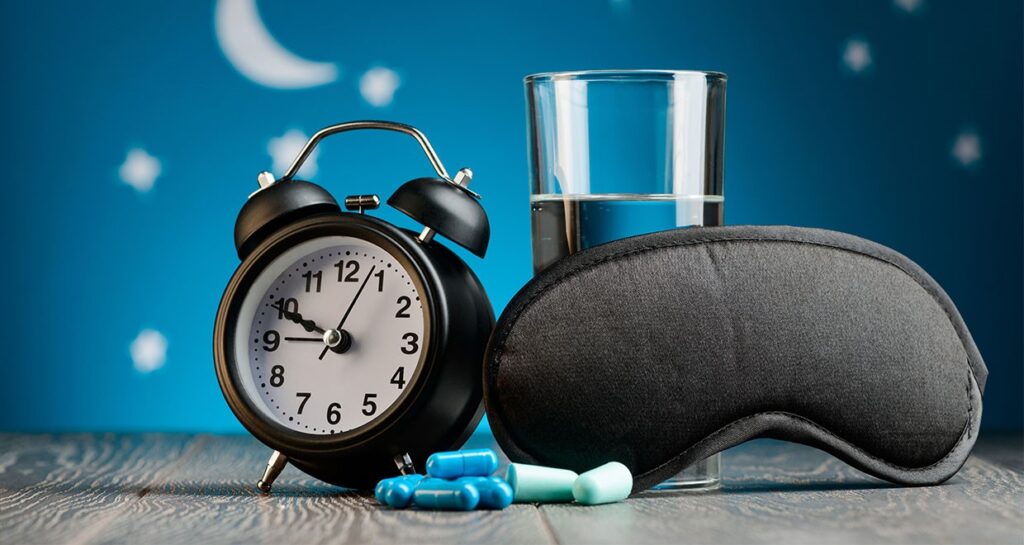A decent night’s rest is very significant for your well-being. Indeed, it’s similarly pretty much as significant as practicing good eating habits and working out.
Sadly, there’s a great deal that can meddle with natural sleep patterns. Individuals are sleeping less than they used to in the past, and to add to that, the quality of sleep has also decreased.
Here are 7 reasons why good sleep is necessary for one’s wellbeing:-
1. Poor sleep is linked to higher body weight
Poor sleep is directly connected to weight gain. Individuals with a shorter sleep schedule will, in general, weigh essentially more than people who get satisfactory sleep.
Indeed, short rest length is one of the most grounded hazard factors for heftiness. In one extensive review study, kids and grown-ups with short rest terms were 89% and 55% bound to gain weight, individually.
Numerous factors, including hormones and motivation to exercise, are said to impact sleep on weight gain. In case you’re attempting to shed pounds, getting quality sleep is pivotal.

2. Good sleepers tend to eat fewer calories
Studies show that sleepless people have greater cravings and will, in general, eat more calories. Lack of sleep disturbs the daily variances in appetite hormones and is accepted to cause poor appetite regulation.
This includes more significant levels of ghrelin, the chemical that stimulates appetite, and diminished degrees of leptin, the chemical that suppresses appetite.
3. Good sleep can improve concentration and productivity
Sleep is necessary for various parts of the brain to function properly. This includes cognition, concentration, productivity, and performance. These are adversely influenced by lack of sleep.
A review on clinical Interns gives a genuine example for it. Interns on a conventional timetable with long work periods of over 24 hours made 36% more genuine clinical blunders than assistants on a timetable that permitted more rest.
Another investigation discovered that short rest can adversely affect a few parts of mental capacity to a comparable degree to alcohol intoxication. Then again, great rest has been shown to further develop critical thinking abilities and improve memory execution in both kids and grown-ups.
4. Good sleep can maximize athletic performance
Sleep has been shown to improve athletic performance. In a study on basketball players, longer rest was displayed to essentially further develop speed, precision, response times, and mental wellbeing.
In older women, less sleep duration has also been associated with poor exercise performance and functional limitation. A study of more than 2,800 women tracked down that helpless rest was connected to more slow walking, lower grasp strength, and greater difficulty performing individual activities
5. Poor sleepers have a greater risk of heart disease and stroke
Sleep quality and duration can have a significant impact on a variety of health risk factors. These are the elements thought to be responsible for chronic illnesses such as coronary artery disease. A review of 15 examinations found that individuals who don’t get sufficient rest are at far more danger of coronary illness or stroke than those who rest 7–8 hours per night.
6. Poor sleep is linked to depression
Sleep disorders and poor sleep quality have been linked to mental health problems like depression. It’s been estimated that 90% of people with depression complain about sleep quality. Poor sleep is even associated with an increased risk of death by suicide.
Those with sleeping disorders like insomnia or obstructive sleep apnea also report significantly higher rates of depression than those without.
7. Sleep affects emotions and social interactions
Lack of sleep impairs your ability to connect socially. Several studies have confirmed this, using emotional facial recognition tests.
One study found that people who hadn’t slept had a reduced ability to recognize expressions of anger and happiness. Researchers accept that poor sleep influences your capacity to perceive significant expressive gestures and process emotional information.

